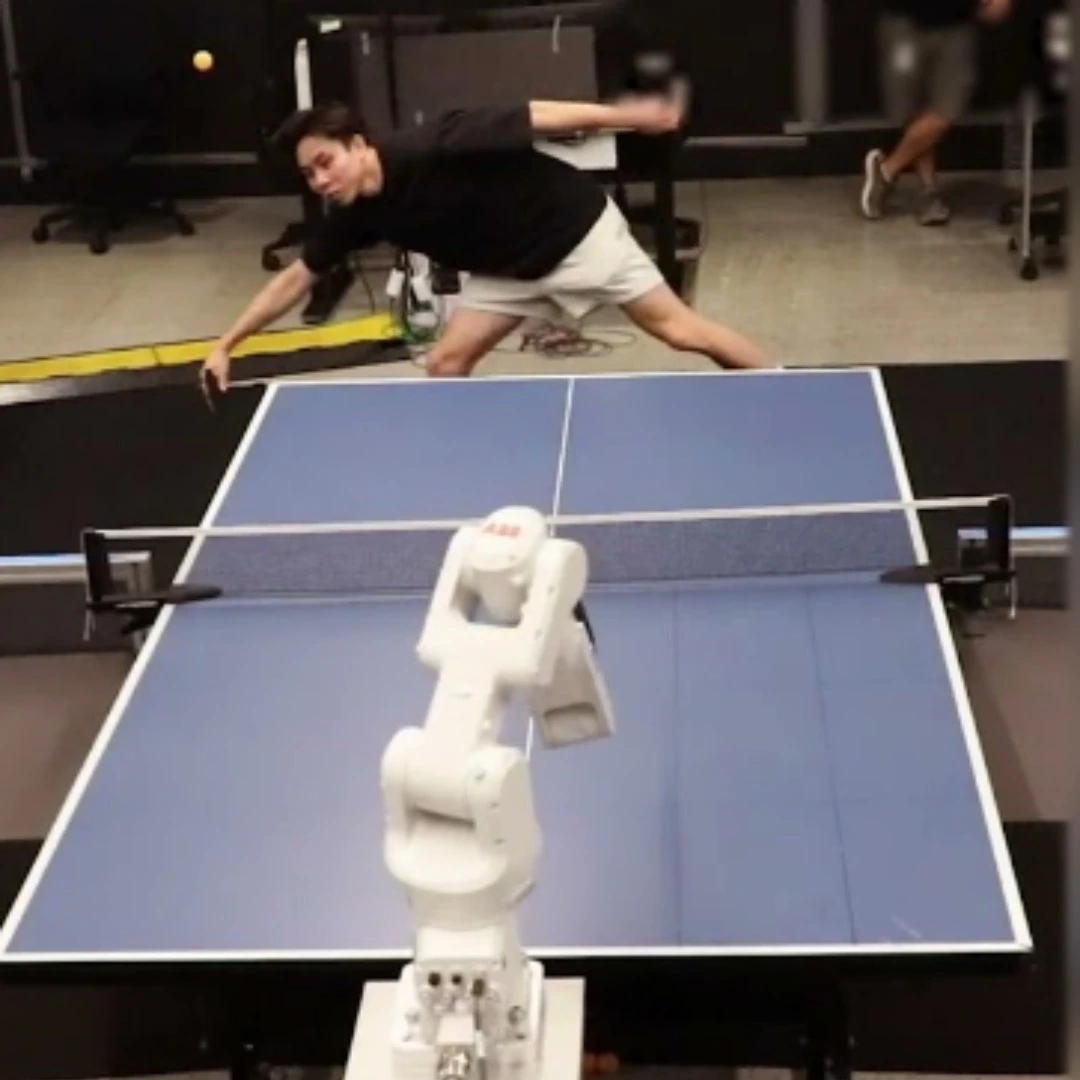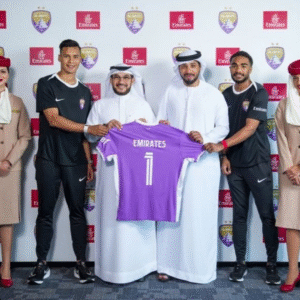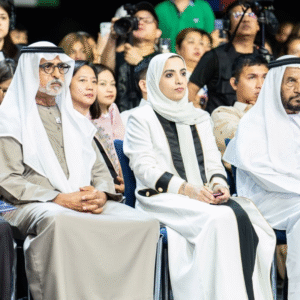Google DeepMind’s latest achievement in artificial intelligence has made waves in the tech world, marking a significant milestone in robot learning and control. In an astonishing demonstration of machine capabilities, an AI-powered robot developed by DeepMind achieved human-level performance in table tennis, winning 13 out of 29 matches against human opponents. While this may seem like a modest victory, it represents a giant leap in the field of robotics and AI.
The AI-powered robot’s success in table tennis is not just a technical feat but a testament to the advances in machine learning and real-time decision-making. Table tennis, known for its speed, precision, and reflexes, presents a challenging environment for robots, demanding quick thinking, adaptability, and coordination. For the DeepMind robot to win nearly half of its matches against human players, it had to perform at a remarkably high level, considering the complexity of the sport.
The significance of this achievement lies in the robot’s ability to learn and adapt in real time. Unlike pre-programmed machines, the DeepMind robot uses AI to analyze gameplay, anticipate opponents’ moves, and respond dynamically. This level of autonomy and adaptability is what sets it apart from traditional robotics. The robot’s success is a glimpse into the future where AI systems could outperform humans in various domains that require quick reflexes, strategic thinking, and precise execution.
However, it’s important to note that this accomplishment, while impressive, is still a small step forward in the grand scheme of AI development. Winning 13 out of 29 matches indicates that there is still a gap between human and machine capabilities in this context. The road to AI systems consistently outperforming humans in complex tasks is long, but this achievement shows that we are steadily moving in that direction.
In conclusion, Google DeepMind’s AI-powered robot’s success in table tennis is a fascinating example of how far AI has come. While it’s just one step forward, it’s a significant one, showcasing the potential of AI to learn, adapt, and perform at human levels in increasingly complex tasks. The future of robotics and AI is bright, with this victory serving as a harbinger of what’s to come.









